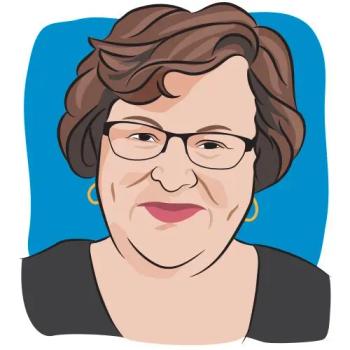
Having been through two bouts of breast cancer, I am happy to be on this planet with my family, friends and neighbors.

Having been through two bouts of breast cancer, I am happy to be on this planet with my family, friends and neighbors.
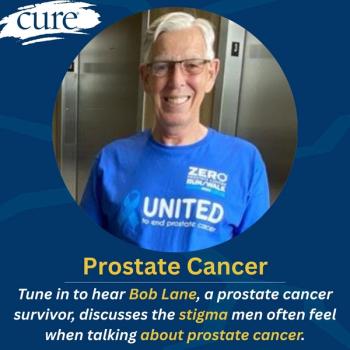
Bob Lane, a prostate cancer survivor, discusses the stigma men often feel when talking about prostate cancer.
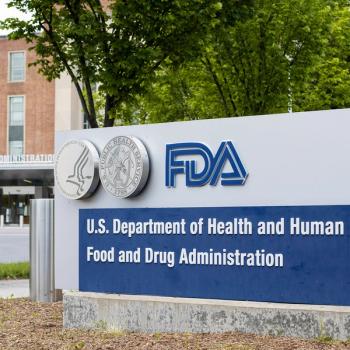
The FDA granted orphan drug designation to ligufalimab for AML, reflecting its potential as an immune-based therapy that may offer new options for patients.
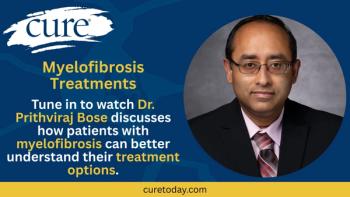
Dr. Prithviraj Bose discusses how patients with myelofibrosis can better understand their options and access the most up-to-date advancements in care.

The first day of fall comes on September 22, and every year it feels like a reminder to pause.
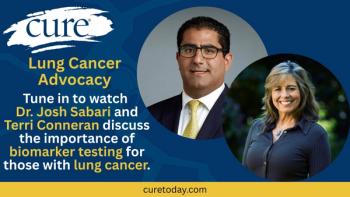
Dr. Joshua K. Sabari sat down with Terri Conneran at the 2025 World Conference on Lung Cancer for a conversation on the importance of biomarker testing.
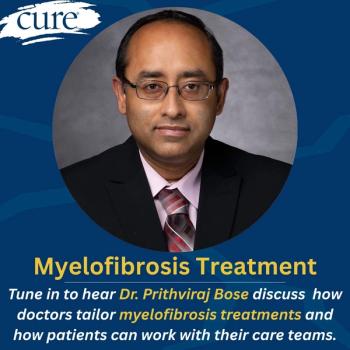
Dr. Prithviraj Bose explains how doctors tailor myelofibrosis treatments and how patients can work with their care teams to navigate options.
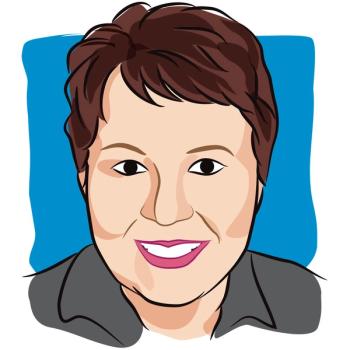
Since being diagnosed with breast cancer, my life has drastically changed. Time has helped each day become more precious and has caused me to become more grateful.
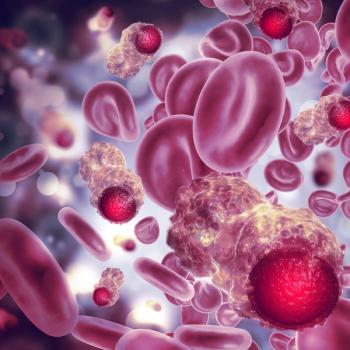
For patients with myelofibrosis, there is a risk of non-melanoma skin cancer or shingles among patients who received long-term treatment with Jakafi.

The FDA has granted fast track designation to the investigational drug CRB-701 for recurrent or metastatic head and neck squamous cell carcinoma.
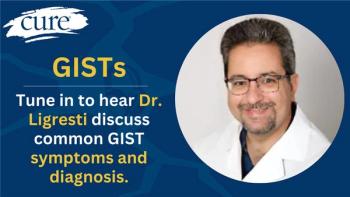
Dr. Rosario Ligresti explained that while many GISTs are found incidentally, larger tumors may cause anemia, bleeding or swallowing issues.

Five years after being diagnosed with colon cancer, I would like to share how my support system continues to play a role in my life after active treatment.
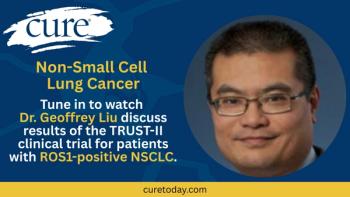
Dr. Geoffrey Liu discussed findings from the phase 2 TRUST-II clinical trial evaluating Ibtrozi (taletrectinib) among patients with ROS1-positive non-small cell lung cancer.
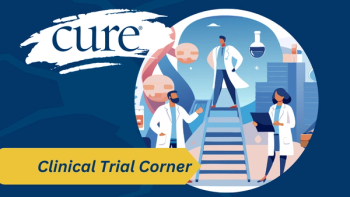
Early trial results report progression-free survival and response rates for ateganosine, spevatamig, Annamycin and pumitamig; studies are currently enrolling.

Walking the woods shows me how to release fear, grief, and expectations, trusting that letting go nourishes growth, resilience and life’s next season.
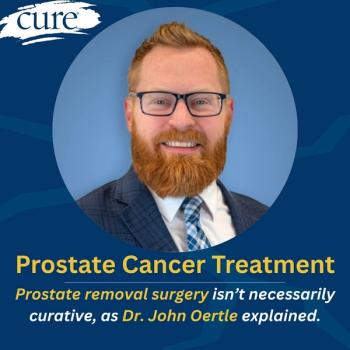
For men with prostate cancer, radical prostatectomy, or surgical removal of the prostate, isn’t guaranteed to be curative, as one expert explained.
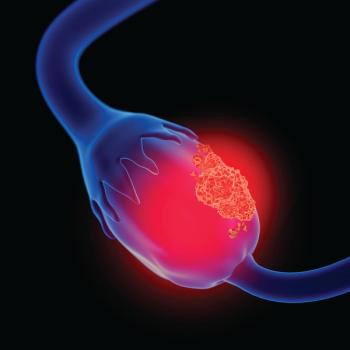
The FDA granted breakthrough therapy designation to R-DXd for adults with CDH6-expressing platinum-resistant ovarian, peritoneal or fallopian tube cancers.
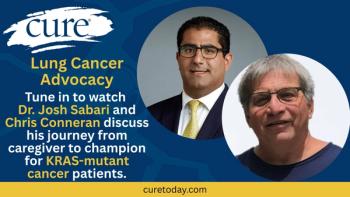
Dr. Joshua Sabari spoke with advocate Chris Conneran on his journey from caregiver to champion for KRAS-mutant cancer patients and families.

The changing seasons offer a profound metaphor for the circle of life, an idea that resonates deeply with me.
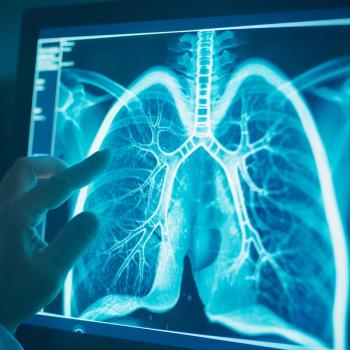
Lutathera demonstrated antitumor activity in patients with metastatic bronchopulmonary neuroendocrine tumors.
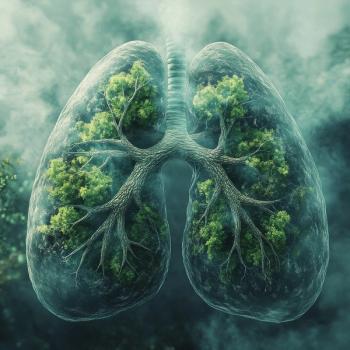
For patients with MET exon 14-altered NSCLC, Tepmetko was associated with frequent side effects, although the safety profile is considered manageable.
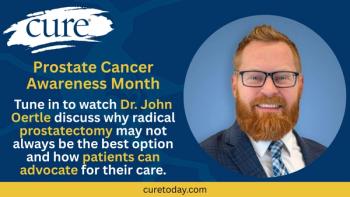
As the prostate cancer treatment landscape continues to evolve, understanding the risks and benefits of each approach is critical for patients.

Receiving a “Stand Up to Cancer Day” email gave me the strength to support a friend through her darkest cancer days.
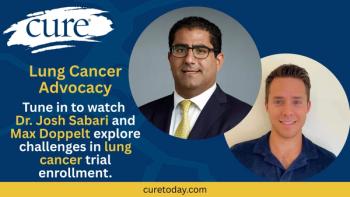
Dr. Josh Sabari and Max Doppelt explore challenges in trial enrollment and the potential of emerging therapies to offer hope for patients diagnosed today.

This guide for newly diagnosed patients provides key information to help you understand your options and have informed conversations with your oncologist.

When I think about standing up to cancer, I cannot separate the words from my own story.

Early-stage gynecologic cancer is confined to its original site and often treatable; diagnosis, surgery, and new therapies improve outcomes.
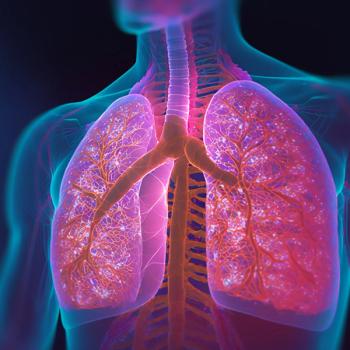
For patients with advanced non-small cell lung cancer who progressed on two or more prior regimens, THIO with Libtayo elicited positive responses.
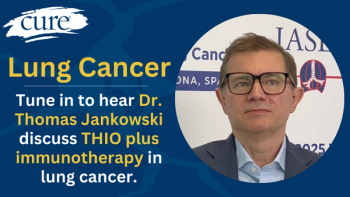
Dr. Thomas Jankowski explained that THIO, a telomerase inhibitor, is being studied with Libtayo to help overcome resistance in advanced lung cancer.
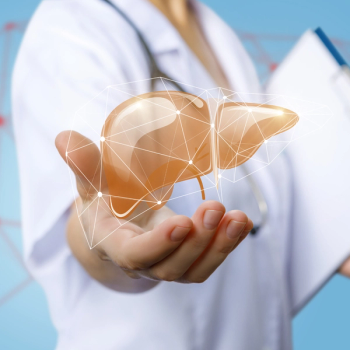
This guide is designed to help you understand liver cancer and equip you with the right questions to ask your medical team.